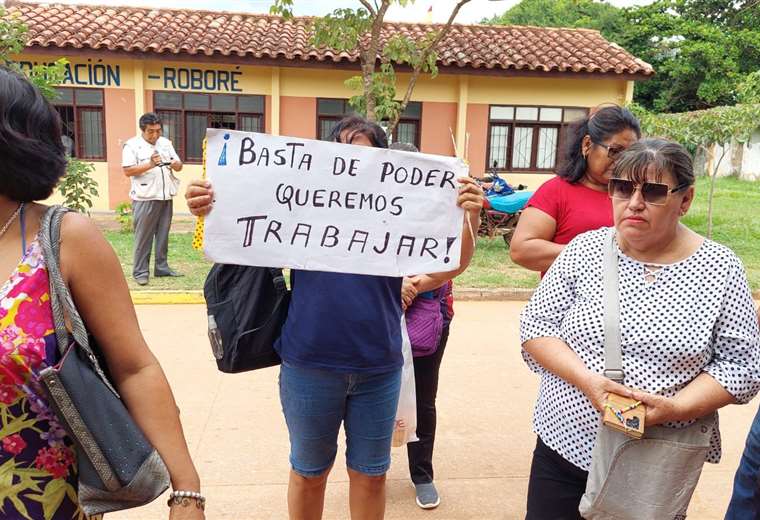After visiting three communities in the Yanomami territory and spending four days in Boa Vista, where hundreds of adults and children of the ethnic group were transferred in order to receive adequate medical care, the national secretary of Indigenous Health, Ricardo Weibe Tapeba, stated that the approximately 30,400 residents of the Yanomami Indigenous Land are “at the mercy of organized crime”.
Referring to the illegal presence of around 20,000 miners who, with their activity, pollute the region’s rivers and destroy part of the Amazon rainforest, in addition to spreading various diseases among the indigenous people, Weibe Tapeba told journalists that the invaders of the largest reserve of indigenous usufruct in the country are not intimidated even by the presence of heavily armed soldiers.
“In recent days, we have visited three communities. In two of them we went to deliver food. It was only possible for us to reach these locations thanks to the presence of the Armed Forces”, said Weibe Tapeba, defending the importance of public agencies uniting to remove non-indigenous people from the interior of the indigenous land and to adopt measures that prevent the return of prospectors to the area .
“We need to implement a plan to disintrude the territory”, said the national secretary, recalling that there is already a determination by the Federal Supreme Court (STF), in 2020, for the federal government to remove all invaders from seven indigenous lands in the country, including the Yanomami territory. The measure, which Minister Luís Roberto Barroso, of the STF, came to classify as “imperative, essential and a duty of the Union”, also applies to loggers who extract forest resources from the reserve.
“[Ao visitar as comunidades], we went down into the garimpo, which practically invaded the villages. Communities are at the mercy of organized crime. And I don’t say prospectors, but organized crime, because there are many armed people, coercing [os índios] and without being intimidated by the presence of the Armed Forces”, said Weibe Tapeba.
irregularities
Talking to journalists this morning in Boa Vista, Weibe Tapeba compared the situation facing the Yanomami in their territory to “a war scenario”. “We could see the state of degradation in which the Yanomami people have been living. The state of calamity in the territory. It’s a war scene. And our indigenous health unit, our Surucucu base pole, as well as our Indigenous Health Support House [Casai] here in Boa Vista, they are practically concentration camps.”
The secretary also revealed that the teams that the Ministry of Health sent from Brasilia to Roraima are producing a report that will be delivered to minister Nísia Trindade, with the main problems identified and suggestions. In this work, according to Weibe Tapeba, the folder’s technicians claim to have come across evidence of possible irregularities in contracts.
“We were able to identify some weaknesses and signs of irregularities in some contracts. We intend to implement an internal audit to monitor this issue”, revealed Weibe Tapeba, emphasizing that, for now, there are only suspicions. “The fact is that it is absurd for us to think about the possibility of diversion of resources for medicines, but we are also following a very complicated scenario in relation to contracting hours/flights, which is the main contract, the main action that we have carried out in the Yanomami territory. ”, added the secretary, explaining that, due to the difficulty of access and distance, hiring flights is necessary both for transporting civil servants and indigenous people, as well as supplies.
“But we are already preparing a strategic plan that goes from the logistics infrastructure part, to the improvement of continuous service contracts. We cannot even think about paralyzing these services”, commented Weibe Tapeba, criticizing what he classified as “the rigging of special indigenous health districts by militarism” during the previous government. “The militarism equipped within indigenous health represents a long delay and we need to resolve this”, concluded the secretary, claiming that the federal government is “accelerating” the dismissal of many of the coordinators who remain in their positions.









